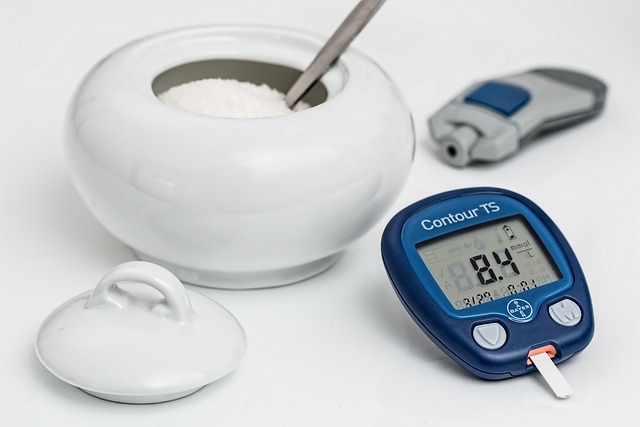In today’s fast-paced world, insulin resistance has become a common struggle for many individuals. This condition impacts how effectively our bodies process glucose, ultimately leading to increased blood sugar levels and a higher risk of developing type 2 diabetes. However, fear not! By adopting a healthy lifestyle and making informed nutritional choices, it is entirely possible to combat insulin resistance and improve overall wellness.
The first step in overcoming insulin resistance is to focus on your daily habits. Engaging in regular physical activity is crucial. Aim for at least 150 minutes of moderate aerobic exercise each week. Activities such as walking, jogging, cycling, or swimming can help promote better insulin sensitivity. Additionally, incorporating strength training at least twice a week can further enhance metabolic processes that are vital for those facing insulin resistance.
Alongside a commitment to physical activity, one’s nutrition plays a significant role in managing insulin resistance. A balanced diet rich in whole foods should be your foundation. Incorporate plenty of fruits, vegetables, whole grains, lean proteins, and healthy fats. Foods high in fiber, like legumes, nuts, and seeds, not only help keep you full but also aid in maintaining healthy blood sugar levels. On the other hand, limit your intake of refined carbohydrates and sugary snacks, which can lead to spikes in blood sugar and worsen insulin resistance.
Hydration is another essential aspect of a healthy lifestyle that many overlook. Drinking enough water throughout the day can help your body flush out toxins and support metabolic functions. Swap sugary drinks for water, herbal teas, or infused water for delicious flavor without the insulin resistance triggers.
Managing stress is equally important when addressing insulin resistance. High-stress levels lead to elevated cortisol, which can exacerbate insulin resistance. Techniques such as mindfulness, meditation, or yoga can be beneficial in reducing stress and improving overall mental health. Make time for self-care and relaxation, as a balanced mind contributes significantly to a healthy body.
Sleep can’t be ignored in this equation either. Quality sleep is vital for regulating hormones, including insulin. Aim for 7-9 hours of sleep each night. Establishing a restful nighttime routine can greatly improve your sleep quality. Ensure that your bedroom is conducive to rest—comfortable, dark, and cool—to support your body’s natural rhythms.
Lastly, consider consulting a healthcare professional or a registered dietitian who can provide personalized guidance tailored to your unique needs. Together, you can create a plan that effectively addresses insulin resistance while ensuring that you’re on the right path toward a healthier lifestyle.
By incorporating these strategies into your daily routine, you can take proactive steps to combat insulin resistance. Embracing a healthy lifestyle and nutrition not only supports your body in overcoming this condition but also empowers you to feel your absolute best.




